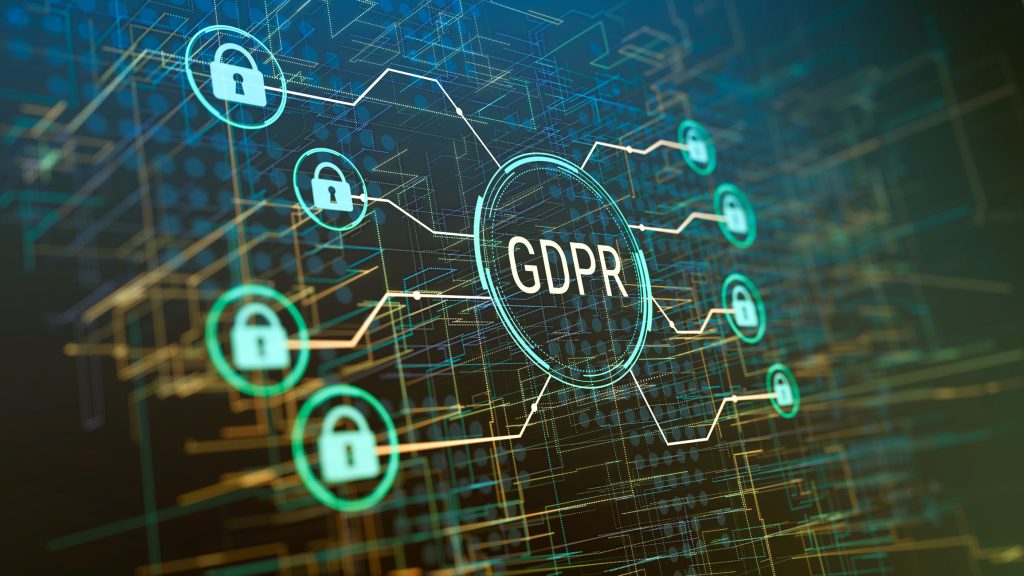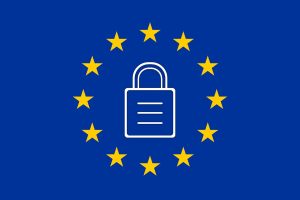The General Data Protection Regulation’s (GDPR) security principles demand that firms use appropriate organisational and technical measures to ensure personal data is processed safely. In the following sections, we’ll explore encryption as a security solution for data protection.
What is the purpose of encryption?
Encryption is technically a mathematical function that can encode data in a way that means only users who are authorised can access it. Encryption is a method of safeguarding against unlawful or unauthorised processing of data and is an option for firms to demonstrate data security compliance. Encryption can protect information stored on static or mobile devices, but also during transmission.
What is Article 32?
Article 32 of the GDPR details further considerations for data processing. It specifies encryption as a suitable technical measure. The UK’s data regulator, the Information Commissioner’s Office (ICO) has stated it has witnessed multiple incidents where personal data has been subjected to unlawful or unauthorised processing, damage, loss, or destruction. In numerous cases, it adds that the distress and damage caused could have been avoided or reduced if the data involved had been encrypted.
The GDPR article states that encryption software is widely available and is a low-cost option for firms to deploy. It also adds that in an incident where data is destroyed or lost but was not encrypted, regulators can pursue action against enterprises.
Encryption for stored data
Encrypting data while it is stored delivers effective protection against unlawful or unauthorised processing. Companies can encrypt individual files or even create fully encrypted containers. Additionally, some apps and databases can be set to store data in an encrypted format.
Encryption for data transfer
Using encryption on personal data being transmitted provides powerful protection against third party attempts to intercept it. Firms should use encrypted channels for communications when sending any personal data via an untrusted network.
Companies can encrypt data before transmission over insecure channels and ensure it will still have protection. Remember that although a secure channel can provide assurance that a transfer’s content will be unintelligible if intercepted, without encrypting the data itself before transmission, the content can simply be encrypted during transit.
Keeping companies compliant with end-to-end encryption
At Galaxkey, we offer enterprises, educational institutions and local governments access to cutting-edge encryption that is designed to be user-friendly. Many encryption solutions can be overly complicated, leading them to be used ineffectively. Our system allows your team members to encrypt important data with a single mouse click but delivers three-layered government-approved encryption.
Whether personal and private data is being transferred, transmitted or retained, and whether on premise or in the cloud, it will remain encrypted and inaccessible to anyone without authorisation. The encryption we provide has been designed with compliance requirement in minds and can ensure your operation is acting in accordance with national and international GDPR security principles for personal data processes.
If you are ready to make sure your firm adheres to regulation with robust and reliable encryption, contact us today to book a free two-week trial.



